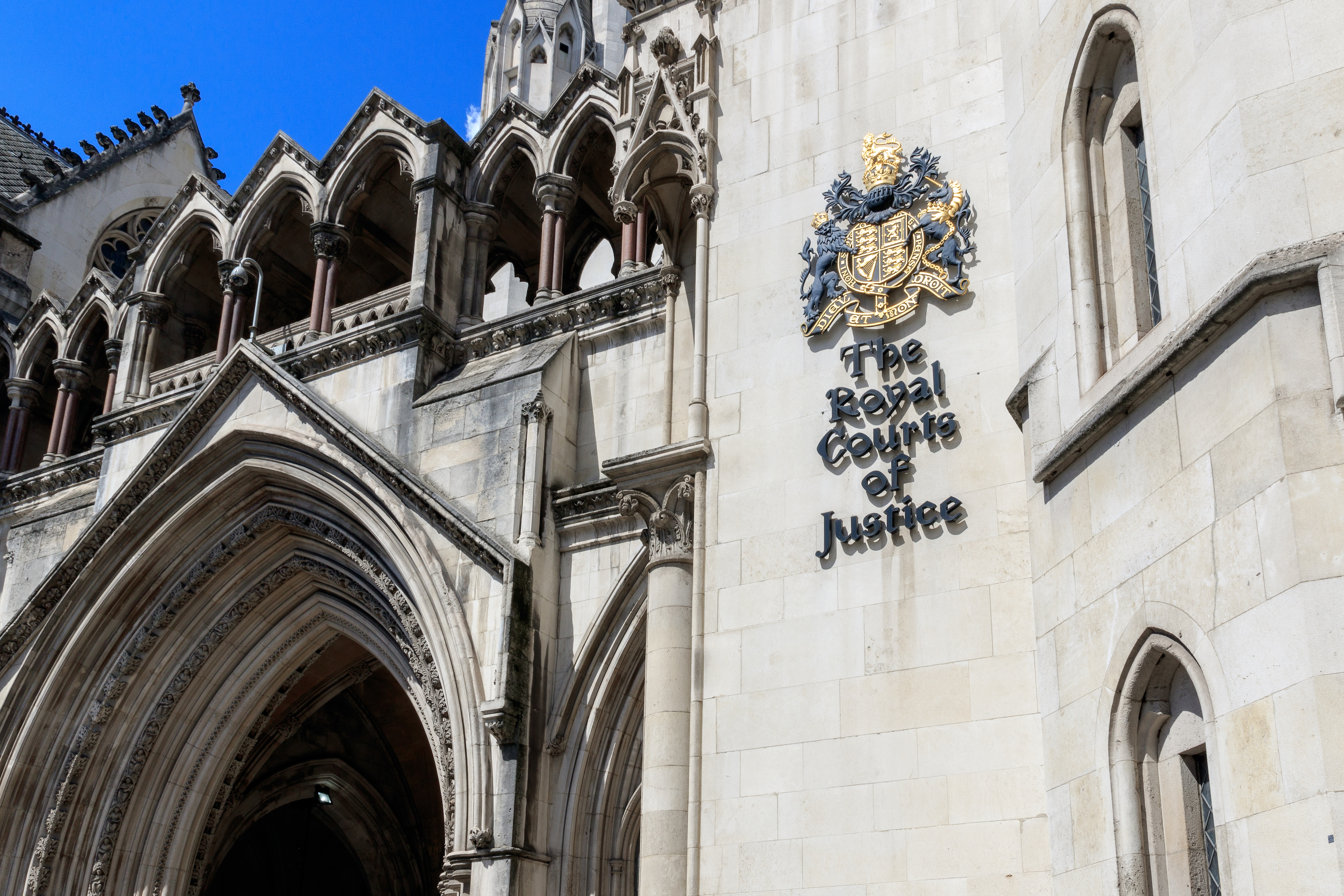Lawyers for the Cabinet Office will tell the High Court today that the UK’s Official Covid inquiry should not see “unambiguously irrelevant” material, as the government’s legal challenge over the inquiry’s demand for former prime minister Boris Johnson’s unredacted messages begins.
The government is bringing a judicial review over inquiry chairwoman Baroness Hallett’s order to release the material – which include Mr Johnson’s WhatsApp messages, diaries and personal notebooks – arguing they cover matters “unconnected to the government’s handling of Covid”.
Two days have been set aside for judges to consider the government’s argument.
The Cabinet Office’s lawyers will say there are “important issues of principle at stake” affecting the rights of individuals and “the proper conduct of government”.


Earlier in June, the government launched the controversial challenge after days of public wrangling between the Cabinet Office and Lady Hallett’s probe after she rejected its argument the material was not relevant in a May ruling.
In written documents filed at the High Court, Sir James Eadie KC, representing the Cabinet Office, argues the powers conferred on inquiries by the Inquiries Act 2005 do not extend to the compulsion of material that is irrelevant to the work of an inquiry, and that notices for evidence “must be limited by reference to relevance”.
Sir James said in written arguments that the Cabinet Office “well understands” Lady Hallett’s concern to ensure she has all the material she needs to reach “soundly based conclusions on the matters she is inquiring into”.
He added: “The Cabinet Office shares that concern and has sought, and will continue to seek, to assist the inquiry including by the provision of relevant documents.
“This application for judicial review is brought because there are real concerns that individuals, junior officials, current and former ministers and departments should not be required to provide material that is irrelevant to the inquiry’s work.
“That concern, to ensure that a proper line between relevant and irrelevant material, is a legitimate concern in principle and in its own right, especially given that these are compulsory powers.
“It is sharpened by the fact that irrelevant material contains ‘references to personal and family information, including illness and disciplinary matters’ and ‘comments of a personal nature about identified or identifiable individuals which are unrelated to Covid-19 or that individuals’ role in connection with the response to it’, and may well be sensitive for a whole variety of reasons – for example to do with personal privacy, to do with other aspects of the work of government, or simply to do with the informal nature of the sort of communication that occurs on WhatsApp.”
He added: “If notices are properly restricted to relevant material, and if the door is not open for an exercise of powers of compulsion in very widely formulated notices on the basis that almost anything is to be characterised as potentially relevant, the inquiry’s work will not be impeded a jot in practical terms.
“They will receive, and the public can be entirely confident that they will receive, every scrap of relevant material.
“In purely practical terms, there are far greater risks attached to the sort of approach that has been taken here by the inquiry – risks of the inquiry being swamped with material, much irrelevant; risks of their resources being side-tracked into reviewing exercises that they should not be, and do not need to be, undertaking; and risks accordingly that their speed and efficiency put at risk.”
The hearing, before Lord Justice Dingemans and Mr Justice Garnham, is due to begin at 10.30am on Friday and conclude on Monday.
The move to challenge the Covid inquiry’s request for evidence was criticised heavily earlier this month including from Conservative MPs.
Sir Robert Buckland, who served as justice secretary and Lord Chancellor from 2019 to 2021, told Sky News in early June that the move by the government was “unnecessary” and “gives the impression that somehow the government has something to hide”.












